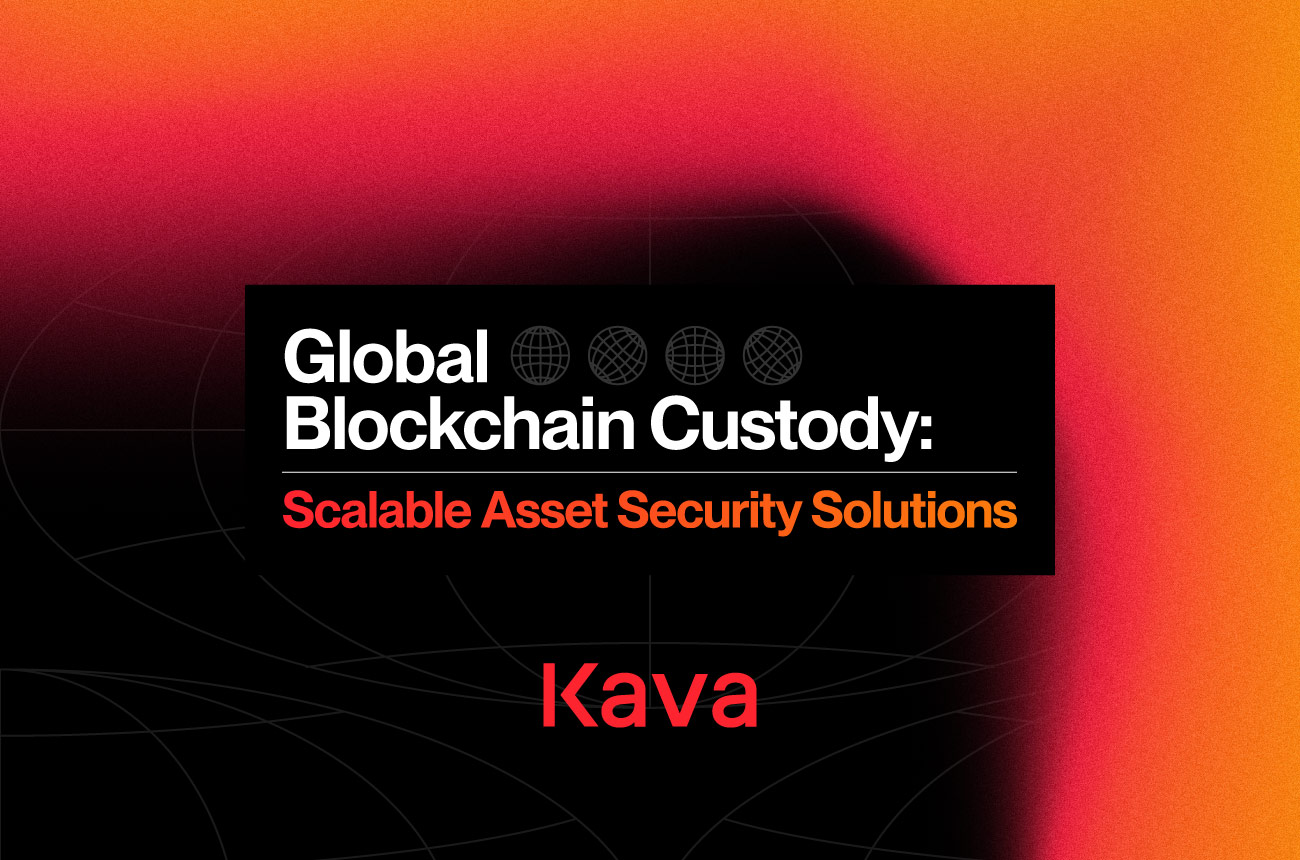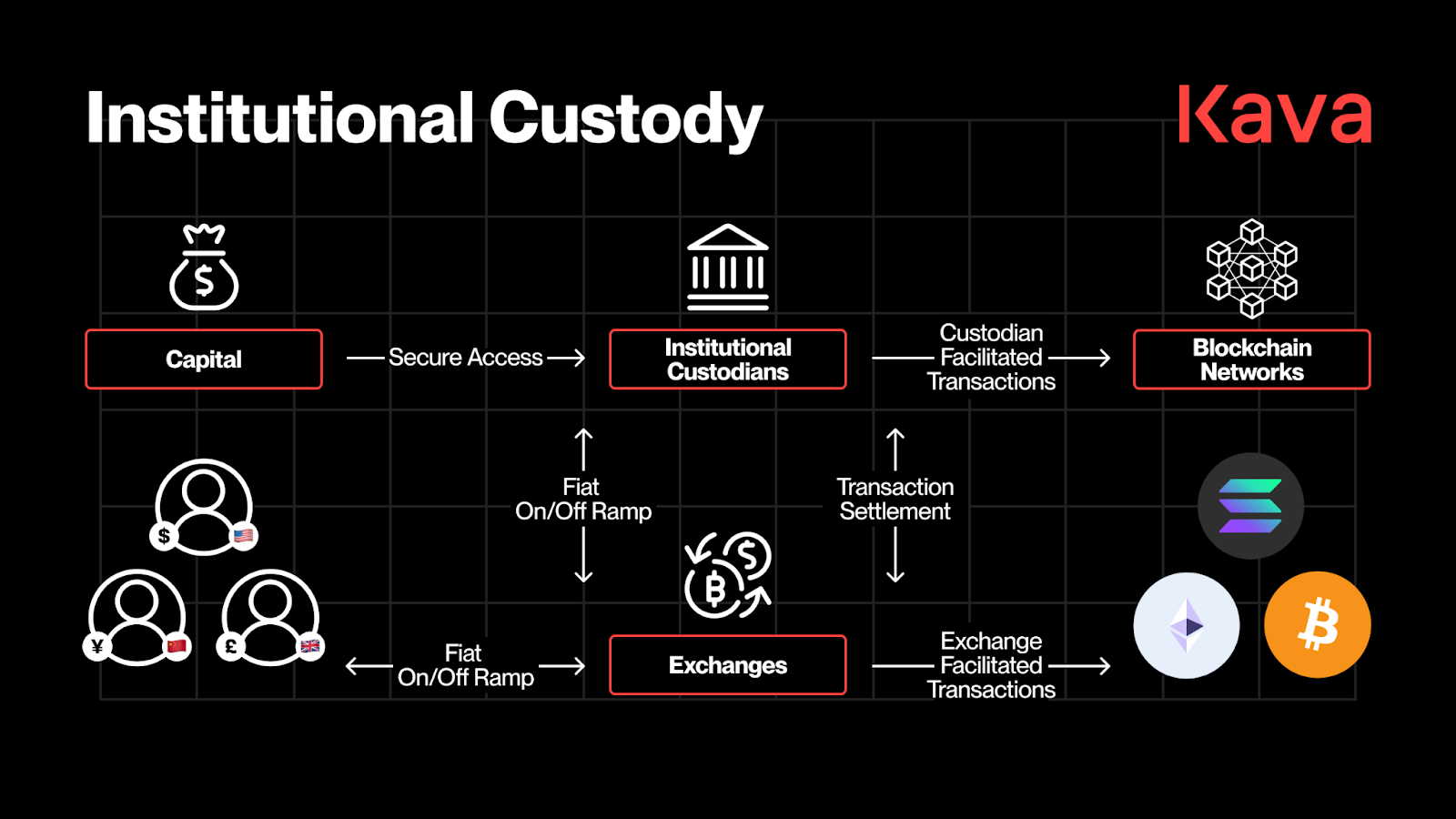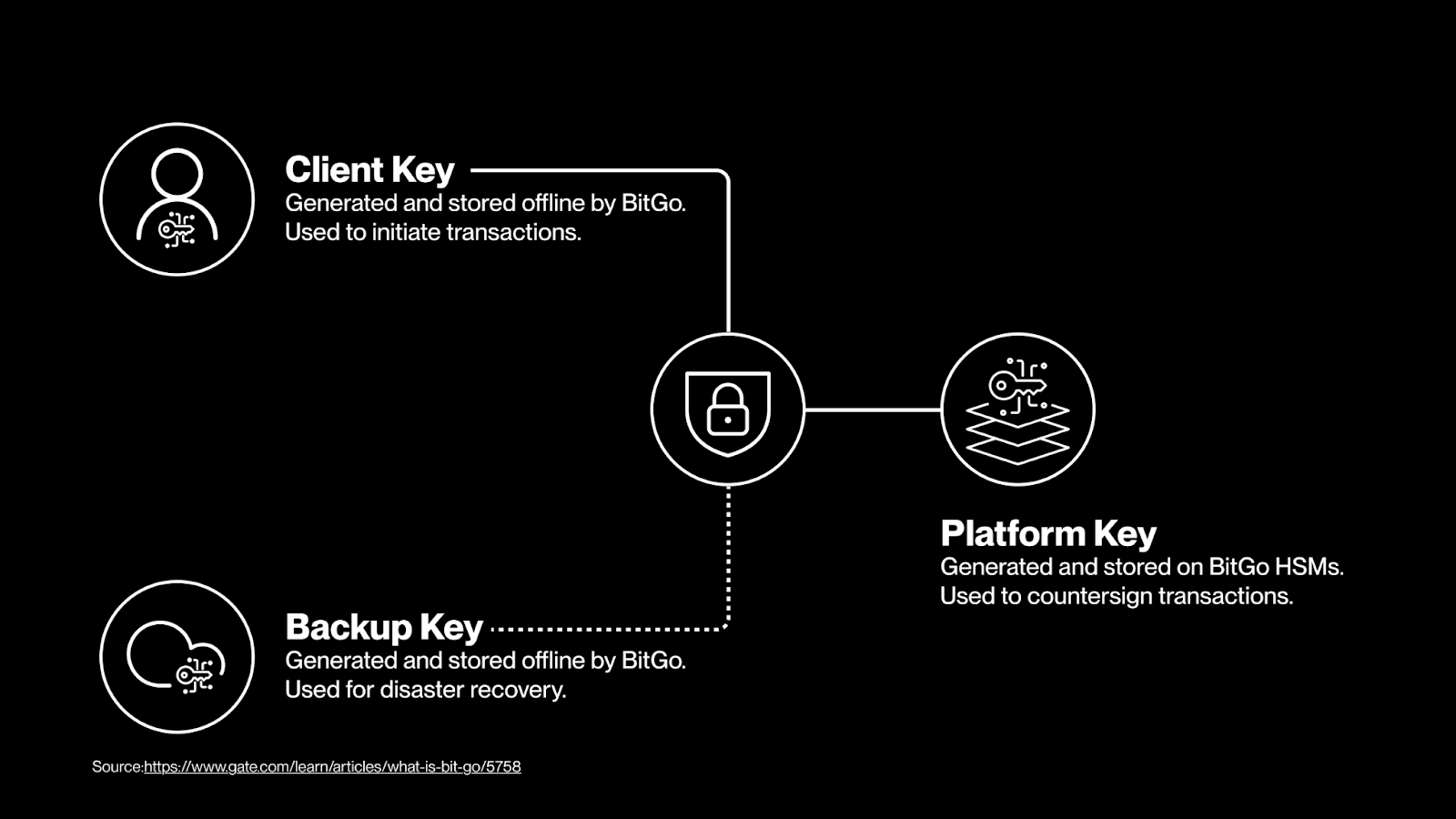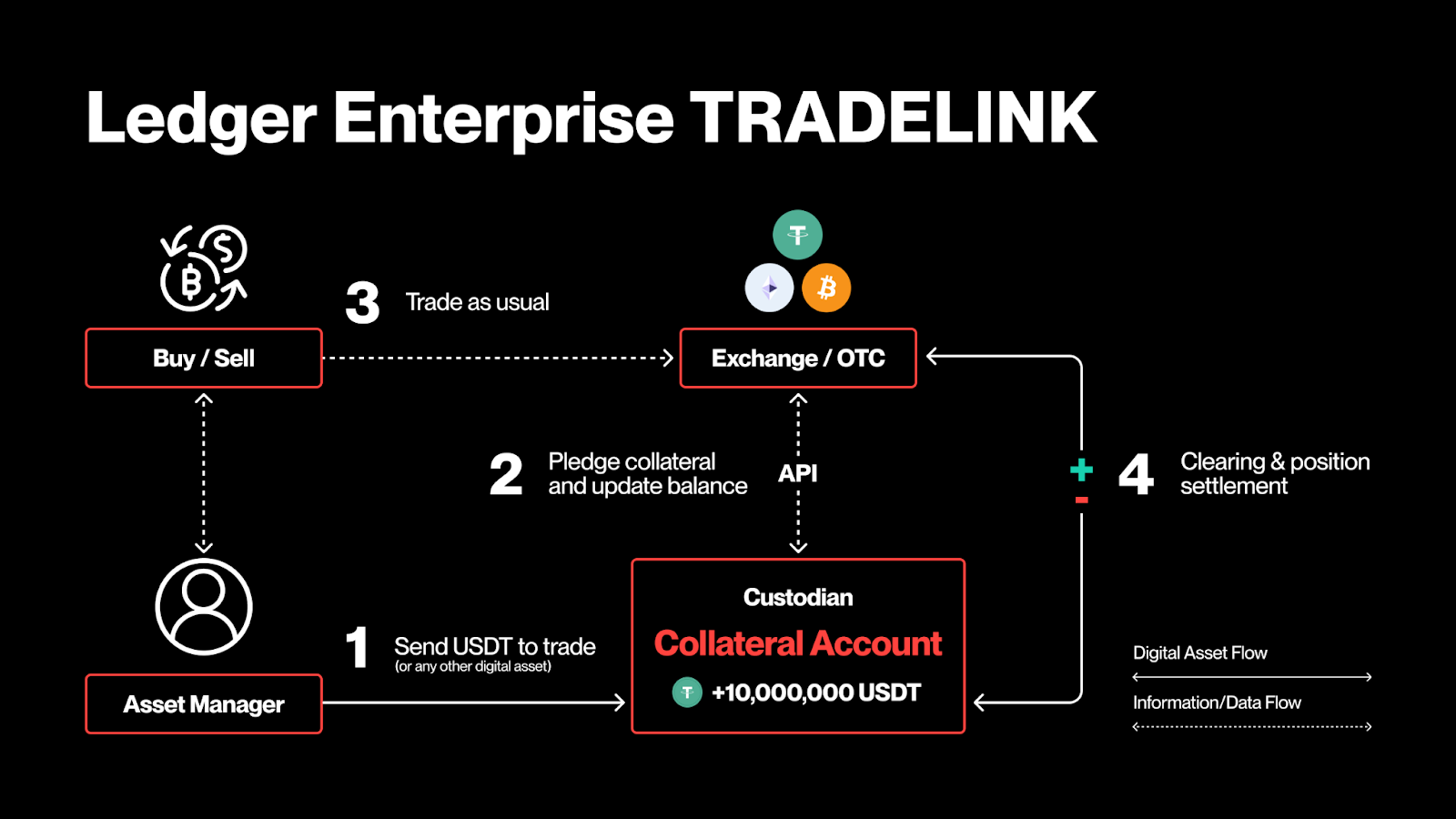Global Blockchain Custody: Scalable Asset Security Solutions

Blockchain technology has changed the game with its ability to proliferate the sharing of decentralized value across international borders. Still, the introduction of institutional capital has created a growing demand for global professional custody services that can fully leverage the technology as a traditional investment vehicle, while also providing comprehensive security, compliance, and operational efficiency.
We have previously explored the role of stewardship within foundations and seen how they can address critical counterparty risks, particularly in evolving regulatory environments like the U.S. Building on this knowledge, let’s explore how foundations can lay the bedrock for scalable global blockchain custody solutions.
In this article, we will examine how enhanced global custody is enabling superior scalability, cross-border interoperability, and improved security. We will also consider the examples of BitGo and Ledger Enterprise to see what global blockchain custody looks like in practice, before concluding with a prediction of its future.
Superior Blockchain Scalability
Unlike individual wallet solutions, institutional-grade custody platforms are explicitly designed to handle extensive, diverse asset portfolios spanning multiple blockchain networks simultaneously. This capability is critical for organizations operating internationally, where managing assets across multiple blockchains involves complex, expensive, and fragmented infrastructure.
The scalability advantages extend beyond technical capacity. Professional custodians can maintain a robust infrastructure that is better equipped to accommodate rapid growth. This infrastructure includes redundant systems, disaster recovery protocols, and 24/7 monitoring capabilities that would be prohibitively expensive for individual projects to implement on their own.
Cross-Border Interoperability
Adding to the complexity of global custody are the regional regulations that providers must navigate for compliance. We have previously discussed how foundations are distinctly positioned to provide the legal and security guardrails required for traditional investors to enter the space.
Professional custodians address this challenge by providing standardized protocols for secure asset transfers that maintain compliance across various regulatory frameworks. This standardization proves invaluable for blockchain projects seeking to legally operate across multiple markets without rebuilding their security infrastructure for each jurisdiction.

Enhanced Global Security
Perhaps the most critical aspect of global custody solutions is the security. While it is true that concentrating assets into a centralized custodian may lead to a honey pot for malicious actors to attack, it also creates an immensely powerful incentive for custodians to deploy the most cutting-edge security technologies to counter any attacks.
Hardware security modules (HSMs) are one critical component of enhanced security. HSMs generate and store cryptographic keys in tamper-resistant hardware, ensuring that private keys never reside in software that might be vulnerable to extraction or compromise.

Global custodians are also employing AI-enhanced zero-knowledge proofs. These cryptographic methods allow custodians to prove asset ownership and validate transactions without exposing sensitive information. This capability is particularly valuable for organizations that require privacy while maintaining verifiable security standards.
The security advantages of professional custody become especially apparent when compared to on-chain wallets that depend on smart contract implementations. While smart contracts enable innovative functionality, they also introduce additional vulnerabilities through code exploits, oracle manipulations, and protocol-level attacks. Professional custodians, by maintaining assets in secured environments with proven security protocols, reduce exposure to these smart contract risks while still allowing necessary blockchain interactions through carefully controlled mechanisms.
Case Studies
Fortunately, there are several well-established global custody providers with a long history of providing these essential services. BitGo has been providing critical digital asset infrastructure since 2013, and Ledger’s Enterprise division has been operational since 2017.
BitGo

Meanwhile, BitGo insurance coverage protects client assets against theft and loss, offering an additional reassurance on the funds they custody. Furthermore, their hot wallet infrastructure provides secure operational efficiency for high-frequency transactions, while cold storage solutions protect the majority of assets from online threats.
Ledger Enterprise
Ledger Enterprise’s hardware-based security solutions protect assets for numerous blockchain projects, combining the security of cold storage with the accessibility needed for operational efficiency. Ledger's platform allows blockchain foundations to manage treasury operations, validator rewards, and ecosystem development funds with enterprise-grade security controls.

Ledger's approach to global custody is unique in that it emphasizes the sovereignty of funds, allowing foundations to maintain control over their assets while benefiting from institutional-grade security infrastructure.
The Future of Global Blockchain Custody
The examples of BitGo and Ledger Enterprise demonstrate the importance of having well-established global custody solutions. Our previous posts on foundations emphasize this importance and how projects that utilize professional custody can confidently engage in international partnerships, cross-border transactions, and multi-jurisdictional operations.
As blockchain ecosystems continue to mature and institutional participation increases, professional custody on a global scale will become integral infrastructure rather than an optional service. Foundations and projects that can pivot to meet this demand will thrive.
